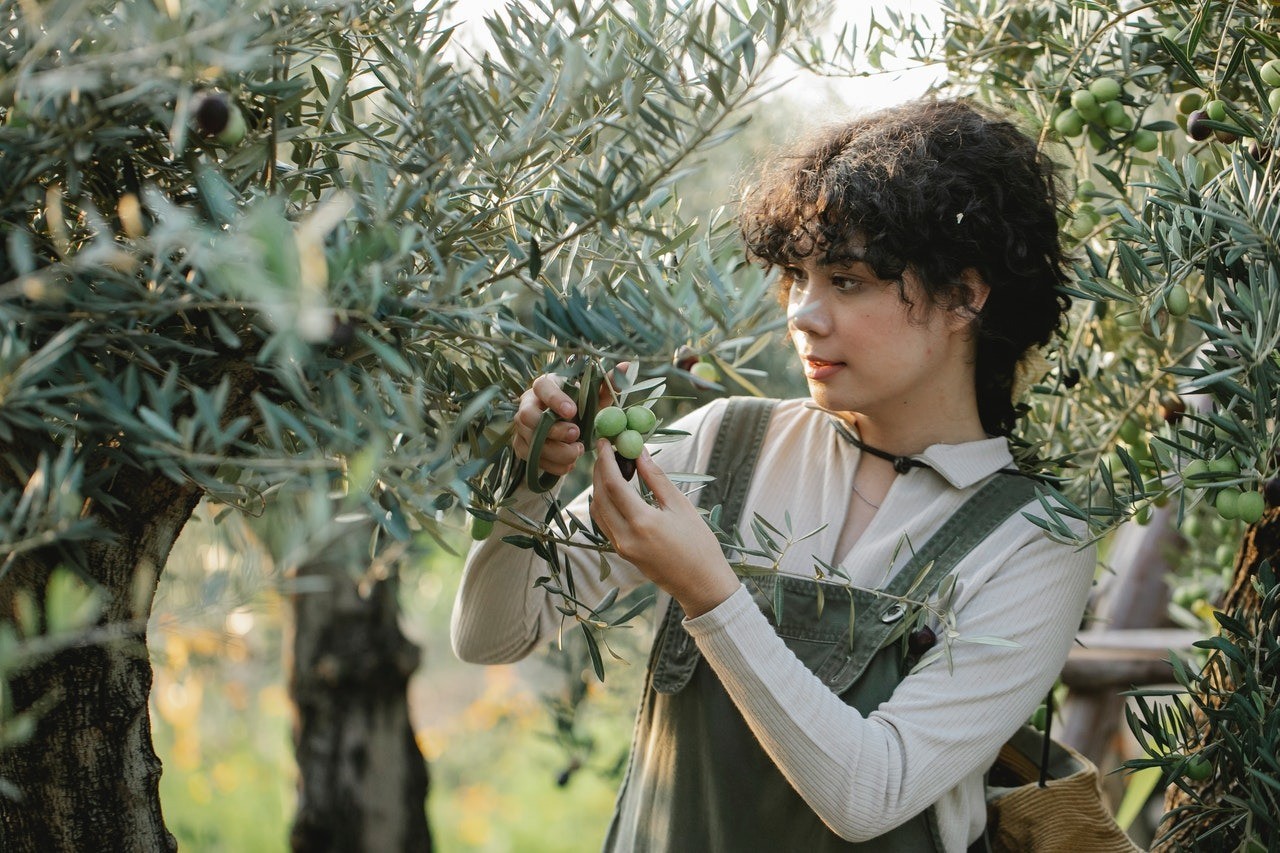Forget the stereotypes of rich hippies, organic products are booming in popularity.
At least with young people.
Initially a niche market embraced by the ultra-health conscious, Millennials and Gen Z have well and truly made organic mainstream.
Almost half of the Gen Zs we surveyed for our Gen Z & Corporate Activism report said whether a product was organic or not influenced their spending, followed closely by whether it’s locally sourced (43%) and if the production process is sustainable (42%).
But what’s behind this seismic shift in consumption habits?
For many, it’s climate change and an environmentally uncertain future that makes purchasing organic important.
“Over the past few months, the climate issues and plastic pollution have dramatically opened my eyes,” a 20-year-old female from Queensland said.
“If big businesses like Aldi, Coles (and the like) provide alternatives such as plastic free items and more organic items it would make it much more easily accessible and maybe help people change over.”
While lots of people think of food when they hear organic, as this 18-year-old female from Tasmania showed it’s also about clothing as well.
“The production of clothing with the use of environmentally unfriendly fabrics, such as polyester, nylon and other plastic based materials that produce micro plastics are issues that limit my spending on clothing,” she said.
“When it comes to clothes shopping, I only purchase from places that use natural and renewable fibres like linen, hemp or sometimes cotton (still taking into consideration the water consumption), as well as the transparency of the manufacturing.”
For others, it’s a staunch commitment to health and wellbeing.
“I mostly buy organic produce and only buy meat from my local butcher,” a 22-year-old female from South Australia said.
“It’s deceiving how many brands label their foods as ‘healthy’ when there’s nothing healthy about processed and unnatural foods. Even vegetables that you buy from the supermarket, they’ve probably been genetically modified and don’t contain nearly as many nutrients as they should, just so business can produce large quantities at low costs for maximum profit.”
And Gen Z will buy organic even if it’s more costly.
“I am happier to buy something that is more expensive if it’s been sustainably made – which often means that it will last me longer as well. I hope that businesses focus on being sustainable, and use this as a selling point,” an 18-year-old female from Victoria said.






